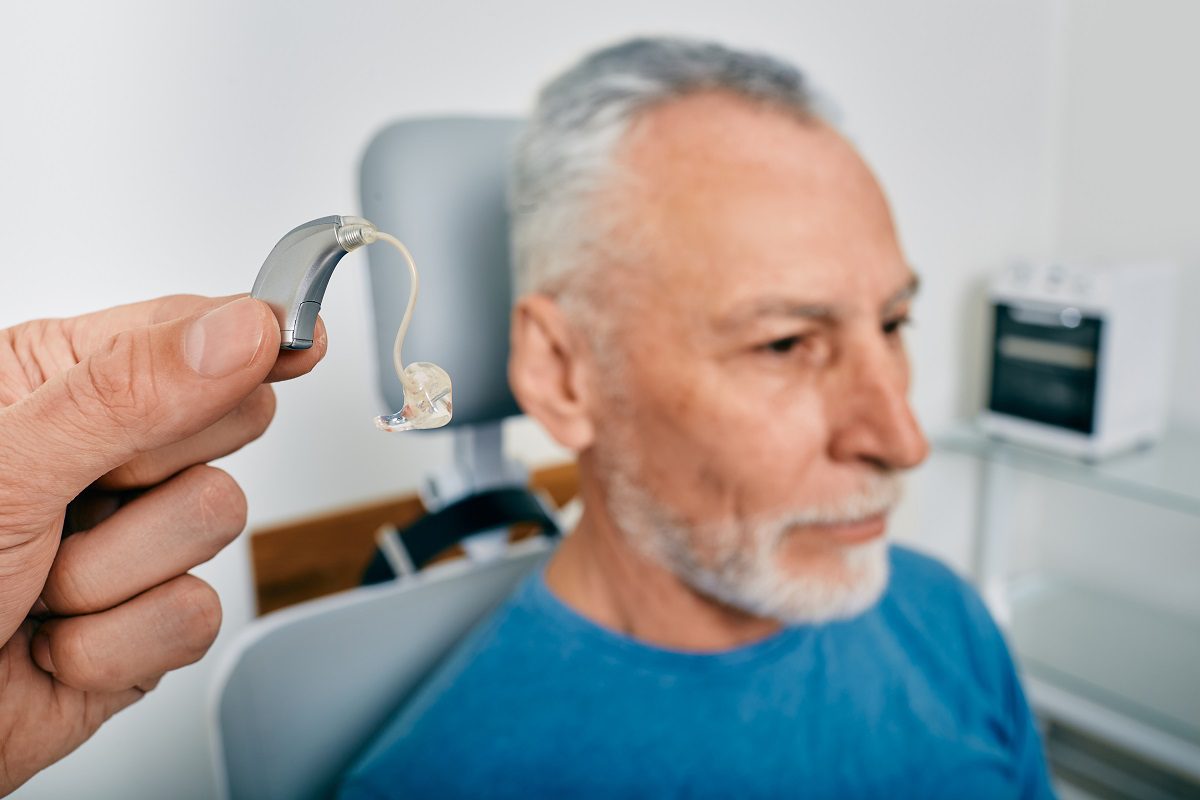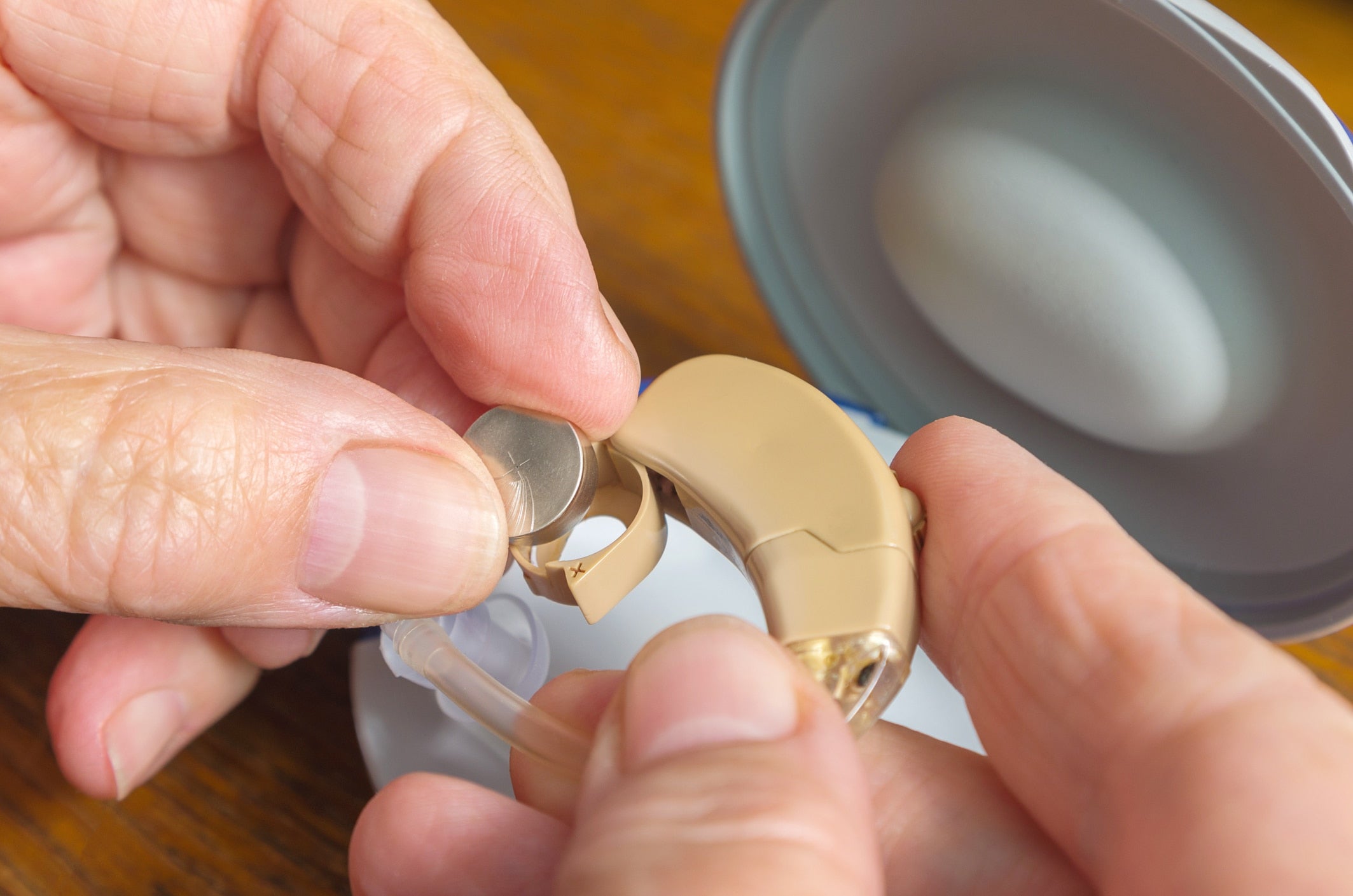Parenting is one of the most demanding—and rewarding—roles anyone can take on. It’s full of laughter, love, noise, and, sometimes, a little chaos. But when you’re a parent with hearing loss, everyday moments can carry an extra layer of challenge. From hearing your child call out from another room, to managing bedtime stories, sports practices, and school meetings, hearing clearly plays a major part in feeling connected to your family.
The good news: modern hearing aids have made it easier than ever for parents to stay engaged, responsive, and confident in family life. This article explores how hearing aids support parenting—from improving communication and safety to reducing stress—and offers practical ways to balance hearing health with a busy home.
The Challenges of Parenting with Hearing Loss
1. Constant communication
Parenting requires nonstop listening—kids asking questions, teachers giving updates, doctors explaining details, alarms ringing, appliances beeping. For parents with hearing loss, keeping up with the pace of daily conversation can be draining. Mishearing or missing parts of discussions can lead to misunderstandings or frustration on both sides.
2. Background noise overload
Family life is rarely quiet. Children playing, TVs on, music in the background—all contribute to a noisy environment that can make hearing difficult. For a parent with untreated hearing loss, this constant mix of sounds may blur speech or make it hard to focus on what truly matters—your child’s voice.
3. Emotional impact
Parents often feel guilt or stress when they struggle to hear their children clearly. They may worry about missing emotional cues, bedtime conversations, or important requests. Over time, this can lead to feelings of isolation or reduced confidence in their parenting abilities.
4. Safety concerns
Hearing loss can affect a parent’s ability to notice warning sounds—like a baby crying in another room, a smoke alarm, or a child calling for help outdoors. These concerns add another layer of anxiety to daily routines.
How Hearing Aids Empower Parents
Hearing aids are far more than sound amplifiers—they’re smart, customizable tools that help parents reconnect with every aspect of family life.
1. Strengthening communication and connection
Modern hearing aids use advanced speech processing to make voices clearer, even with background noise. That means you can hear your child during playtime, in the car, or while cooking dinner. You’ll catch every “Mom, look!” or “Dad, come here!”—and respond naturally.
Improved hearing also means better emotional connection. Children thrive when they feel heard and understood. By using hearing aids, parents can create more positive, engaging communication moments, reducing frustration for both sides.
2. Supporting safety and awareness
Most modern hearing aids are designed to pick up a wide range of environmental sounds. You’ll be more aware of important cues—crying babies, timers, alarms, doorbells, or approaching cars. For parents of young children, this heightened awareness adds an essential layer of safety and peace of mind.
3. Reducing listening fatigue
Without hearing aids, every conversation requires intense focus and mental effort. Over time, that leads to fatigue and irritability—especially in a busy household. Hearing aids lighten that cognitive load, so you can focus on parenting rather than decoding every sound.
4. Encouraging active family participation
From family dinners to school events, hearing aids help you stay fully involved. You won’t need to step back or rely on others to interpret. You’ll feel more confident in group settings, more relaxed in noisy environments, and more connected to the moments that matter.
5. Improving emotional health
Better hearing directly supports emotional well-being. When you can communicate smoothly, you experience fewer misunderstandings and less stress. That confidence radiates throughout the family—your kids feel more secure, and your partner feels more connected to you.
Practical Strategies for Balancing Parenting and Hearing Health
1. Make hearing care part of your family routine
Treat your hearing health like you would your child’s checkups. Schedule regular hearing tests, clean your devices, and stay up-to-date with adjustments. Consistent care ensures your hearing aids work optimally and keeps you confident in every situation.
2. Create communication-friendly environments
At home, simple changes can make a big difference:
-
Turn off background noise (like TVs or fans) during important conversations.
-
Face your child or partner when speaking so you can read facial cues.
-
Encourage your family to get your attention before they start talking.
-
Use good lighting so you can see faces clearly.
These habits help everyone communicate more smoothly—whether you use hearing aids or not.
3. Take advantage of hearing aid features
Modern hearing aids often include features that simplify family life:
-
Bluetooth streaming: Connect directly to your phone, TV, or baby monitor.
-
Directional microphones: Focus on the person speaking to you.
-
Custom sound profiles: Switch between “home,” “outdoors,” or “meeting” modes for different environments.
-
Rechargeable batteries: No last-minute panic about replacements during bedtime routines.
Ask your audiologist about settings that fit your daily routine—especially those that help in noisy or chaotic environments.
4. Teach your children about your hearing aids
Kids are naturally curious! Explain how your hearing aids help you hear them better. This turns your device into something positive rather than mysterious. Children who understand will often adjust—speaking clearly, waiting for eye contact, or gently tapping you when they want your attention.
These small acts teach empathy and communication skills early on.
5. Coordinate with teachers and caregivers
Let your child’s teachers, coaches, and babysitters know about your hearing needs. Simple awareness—like speaking clearly, avoiding noisy backgrounds, or confirming details in writing—can help prevent misunderstandings about schedules, homework, or safety.
6. Build downtime into your day
Even with hearing aids, busy auditory environments can be tiring. Give yourself quiet moments—after bedtime, during a walk, or before dinner—to rest your ears and recharge mentally. Hearing health is part of self-care.
7. Involve your partner and family
If you have a co-parent or partner, involve them in your hearing journey. Attend audiology appointments together or share updates about how your devices work best. Mutual understanding creates a supportive home where hearing health becomes a shared effort, not an individual challenge.
Parenting in Different Stages with Hearing Aids
Early childhood (infants and toddlers)
-
Use baby monitors compatible with Bluetooth or vibration alerts.
-
Keep your devices charged overnight so you’re ready for nighttime feedings.
-
Practice positioning: during playtime or reading, sit close and make eye contact to enhance both hearing and bonding.
School-age children
-
Communicate with teachers and school staff about the best ways to reach you (texts, written notes, or clear phone calls through your hearing aids).
-
Encourage your kids to signal you gently before speaking—this helps you focus on them first.
-
Take advantage of captioned educational videos or TV shows during family learning time.
Teen years
-
Teens value independence, and good communication is crucial for mutual understanding. Make family discussions distraction-free.
-
Use Bluetooth pairing to take phone calls or video chats from your teens clearly, even in noisy places.
-
Model self-advocacy—show your teens that managing health, whether hearing or otherwise, is part of being responsible.
Breaking Stigma and Building Confidence
1. Normalize hearing technology at home
When children grow up seeing hearing aids as part of everyday life, they view them as normal—not something to hide. Wearing your hearing aids proudly sets an example that taking care of one’s health is positive, not shameful.
2. Redefine strength
Parenting with hearing aids shows resilience, adaptability, and self-awareness. It’s a reminder that great parenting isn’t about perfection—it’s about being present, responsive, and emotionally available.
3. Celebrate progress, not perfection
Every family will have miscommunications sometimes. The goal isn’t flawless hearing—it’s ongoing connection. Celebrate small wins: hearing your child’s laugh across the room, catching every word of a bedtime story, or managing a noisy birthday party with ease.
When to Revisit Your Hearing Plan
As your children grow, your family routine—and your hearing environment—changes. Check in with your audiologist when:
-
You notice you’re straining more in noisy situations.
-
Family members mention you’re missing parts of conversations.
-
Your kids’ activities involve louder or larger spaces (like sports games).
-
Your current devices feel outdated or uncomfortable.
Small adjustments—new technology, updated molds, or fine-tuned settings—can dramatically improve comfort and clarity.
The Bigger Picture: Healthy Hearing, Healthy Family
Healthy hearing doesn’t just affect you—it impacts the entire household. When communication flows easily, everyone benefits: fewer misunderstandings, more laughter, and deeper emotional connection.
By managing your hearing loss proactively, you’re giving your children an invaluable gift: a parent who listens fully, responds clearly, and models self-care. Hearing aids don’t just restore sound—they strengthen family harmony, confidence, and togetherness.
Takeaway
Parenting is about presence—and hearing is an essential part of that presence. With today’s hearing technology, parents can manage family life without compromise. Whether you’re cheering at a soccer game, helping with homework, or enjoying bedtime stories, hearing aids ensure you’re part of every moment.
Taking care of your hearing is taking care of your family.






分享:
7 Tips on How Hearing Aids Can Help You Gain Social Confidence
Mindfulness Hearing: How Meditation Can Support Better Listening